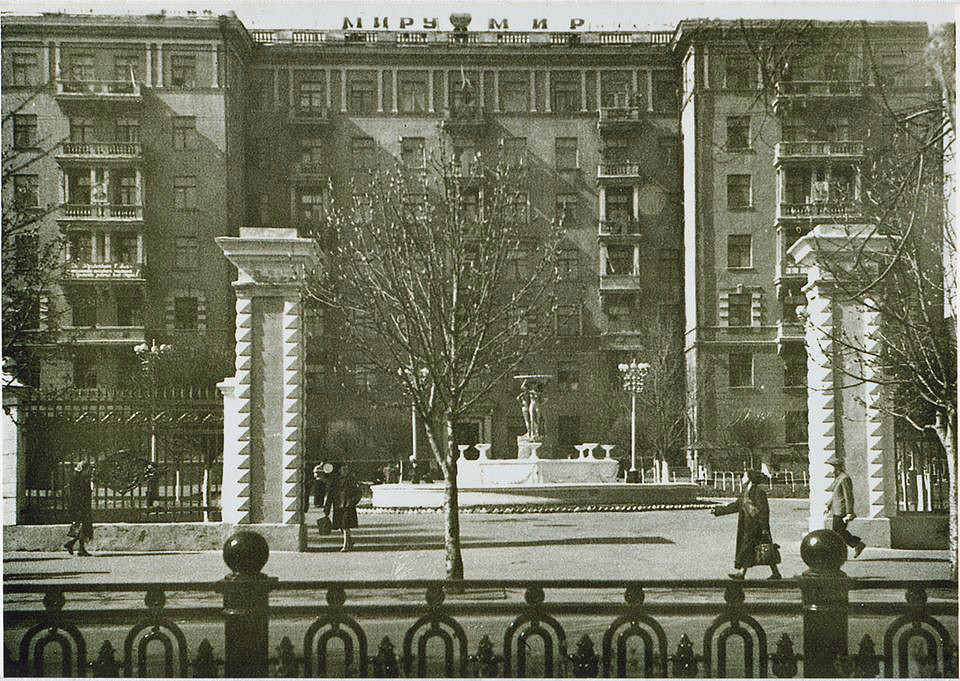The Closed City of Open Space: Life in Dnipropetrovsk from 1950 through the 1980s
Tetiana Portnova
Oles Honchar Dnipropetrovsk National UniversityNovember 20, 2012 / 5.00 pm
Center for Urban History, Lviv
The seminar was dedicated to the peculiarities of the development of Soviet "special strategic significance" cities. Among Ukrainian cities, these were Sevastopol and Dnipropetrovsk. In the 1950s, the transformation of Dnipropetrovsk into one of the Soviet Union’s chief center for strategic rocket and spacecraft construction, changed the city’s status, social makeup, and atmosphere. The presence of top-importance "government objects" demanded special mechanisms for controlling secrecy: from 1959 through 1987, the city was closed to foreigners.
The chief questions posed by the presenter were: how did the functioning of powerful secret state factories and enterprises affect the development of the city, and the daily life of its residents; what advantages did it bring, and what constraints did it impose on individuals, and ethnic or religious groups; can we postulate the emergence of a particular type of urban resident in these closed Soviet cities; how do Dnipropetrovsk residents today recall the time of isolation.
Tetiana Portnova
holds a Ph. D. (“Candidate”) in History, and is a lecturer at the Department for Historiography, source and archival studies, Oles Honchar Dnipropetrovsk National University. She is the author of Miske seredovysche i modernizatsiya: Katerynoslav seredyny XIX – pochatku XX st.” (The Urban Environment and Modernization: Katerynoslav in the mid-nineteenth through the Early Twentieth Centuries). Her research interests include intellectual history, and historical urban studies.
Credits
Сover Image: Fountain on the site of the monument to the Field. 1950s. photo: Mykola Lyaskovsky/ Dnipropetrovsk-Katerynoslav. Pages of the past.
